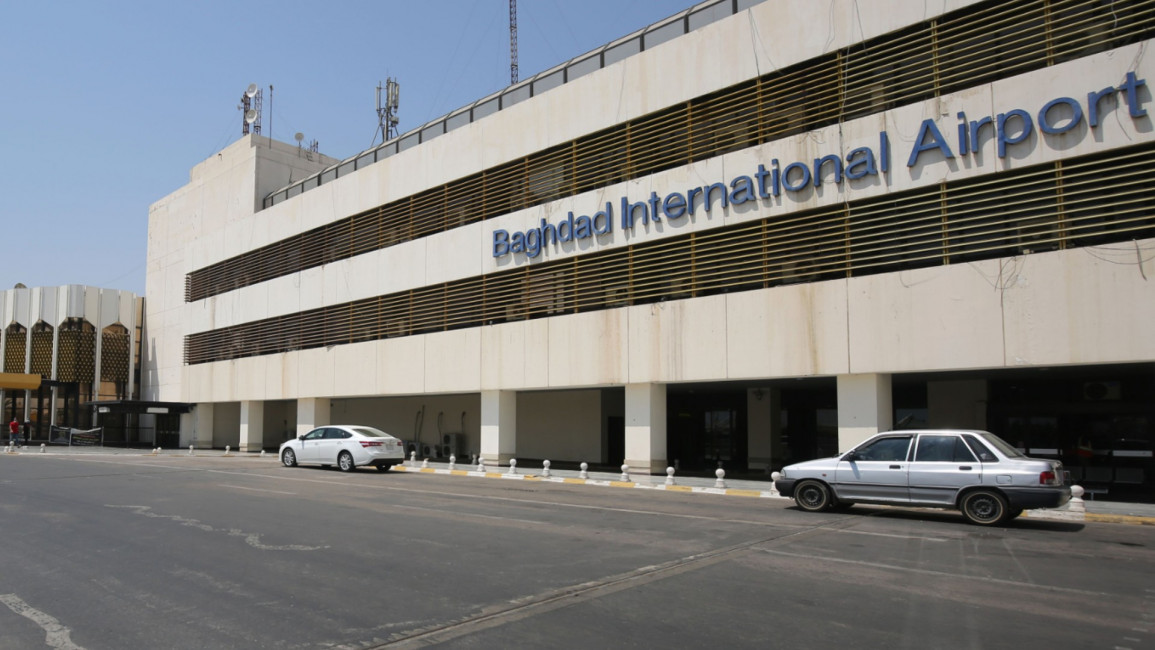Iraq removes 'highly dangerous' material from Baghdad airport following disastrous Beirut blast
The material was relocated to the Military Engineering Directorate at the ministry of defence, according to a statement published on Sunday.
"Highly dangerous materials were transported safely from the air cargo section at Baghdad International Airport to their safe destination in the stores of the Military Engineering Directorate," the Border Ports Authority in Iraq announced.
The statement fell short of naming or describing the nature of the material, however confirmed the transfer was made as a result of a direct order from Prime Minister Mustafa Al-Kadhimi.
The PM "ordered the formation of an urgent committee to detect high-risk materials at all border crossings and to take all measures to remove them from residential areas and gatherings," the statement added.
The move came just five days after a deadly explosion rocked the port of Beirut on Tuesday, killing over 150 people and wounding thousands.
Twitter Post
|
The explosion was believed to have been caused by a fire that ignited a 2,750-ton stockpile of explosive ammonium nitrate. The material had been stored at the port since 2013 with few safeguards despite numerous warnings of the danger.
The result was a disaster Lebanese blame squarely on their leadership's corruption and neglect. The blast destroyed the country's main port and damaged large parts of the capital.
Losses from the blast are estimated to be between $10 billion to $15 billion, and nearly 300,000 people were left homeless in the immediate aftermath.
On Sunday, world leaders and international organisations pledged nearly $300 million in emergency humanitarian aid to Beirut in the wake of the explosion, but warned that no money for rebuilding the capital would be made available until Lebanese authorities commit themselves to the political and economic reforms demanded by the people.
Read also: Lebanese ex-porn star and activist Mia Khalifa auctions off infamous glasses for Beirut blast victims
The massive blast on August 4 has brought a new wave of public outrage at the government and Lebanon’s long entrenched ruling class.
Protests were planned outside the government headquarters to coincide with the Cabinet meeting after large demonstrations over the weekend that saw clashes with security forces firing tear gas at protesters.
Follow us on Facebook, Twitter and Instagram to stay connected



